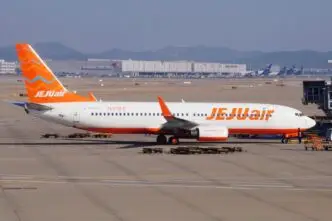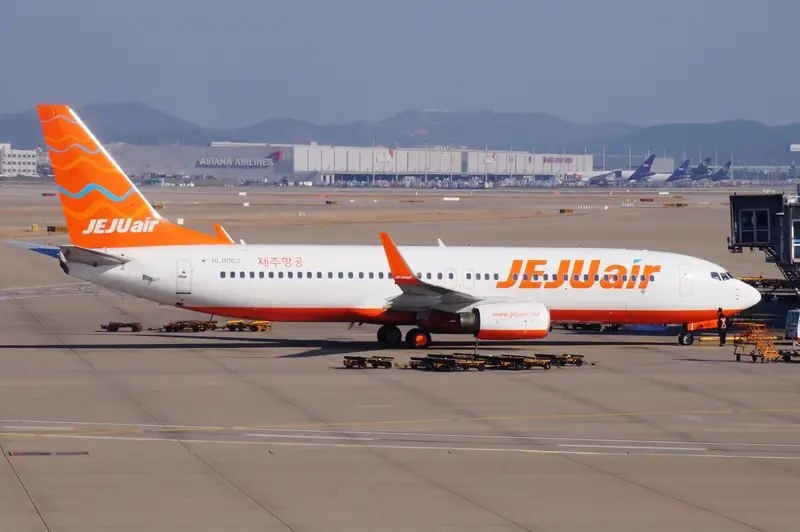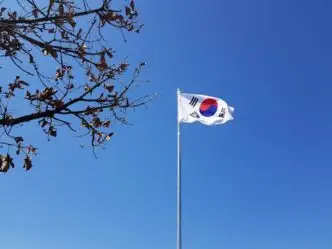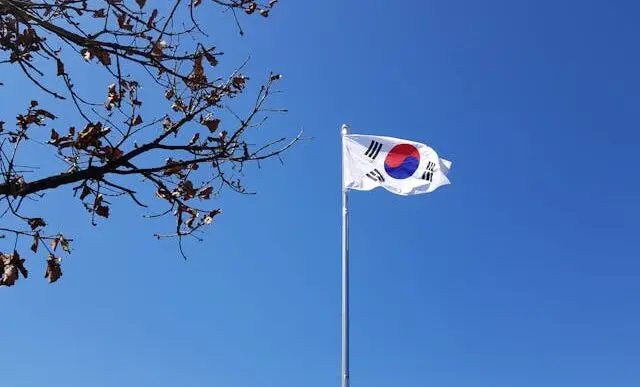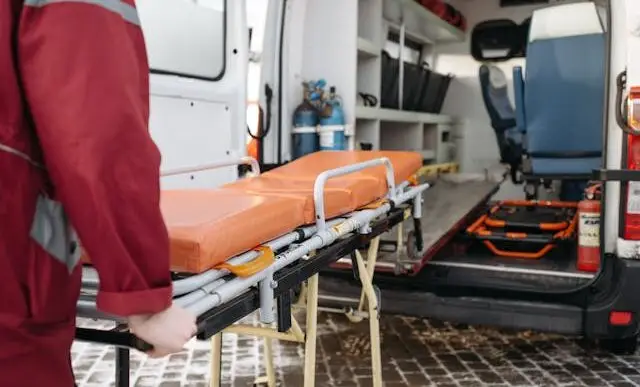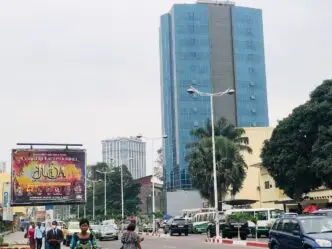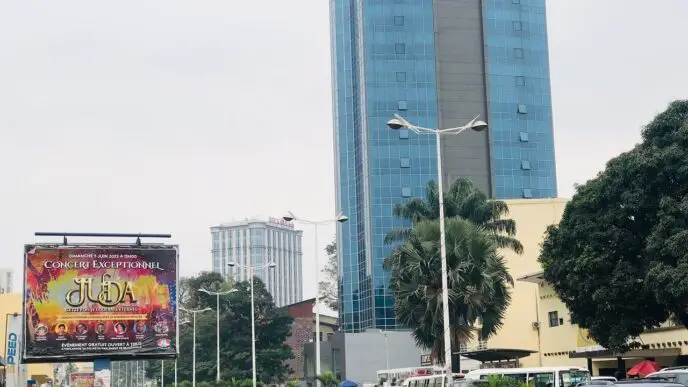US Sends Crash Investigators to South Korea in Wake of Deadly Plane Crash
Following the harrowing plane crash that claimed the lives of 179 people in South Korea, the U.S. has dispatched a team of aviation investigators to probe the incident. As local officials trawl through over 600 body parts scattered amidst the wreckage, the U.S. National Transportation Safety Board (NTSB) is set to lead an intensive international investigation into the cause of the crash.
The NTSB team, which is composed of seasoned investigators who specialize in a wide range of aviation accidents, will be working closely with their South Korean counterparts. The goal is to understand the sequence of events leading to the devastating crash and to provide recommendations to prevent such incidents in the future. The U.S. involvement comes as a result of the aircraft being a Boeing, an American manufacturer.
The Investigation Process
The NTSB’s investigation process is exhaustive and meticulous, designed to meticulously examine every aspect of the incident. The investigators will initially focus on preserving and documenting the crash site, a task that can take several days. This will involve mapping the wreckage distribution, photographing the scene in detail, and collecting any pieces of the aircraft that could provide vital clues to the cause of the crash.
Subsequently, the investigation will turn to analyzing the flight data and cockpit voice recorders, often referred to as the aircraft’s ‘black boxes’. These devices, built to withstand extreme conditions, record data about the aircraft’s speed, altitude, heading, and other parameters, as well as the pilots’ conversations and any sounds in the cockpit. The analysis of this information is crucial for piecing together the final moments of the flight.
Focus on Boeing
The involvement of the U.S. NTSB underscores the international nature of aviation safety and the importance of the aircraft’s manufacturer in an investigation. The aircraft involved in the crash was a Boeing model, and the company will be a party to the investigation. Boeing’s in-depth knowledge of its aircraft will be a vital resource in the investigation, aiding in understanding the possible mechanical or design-related factors that may have contributed to the crash.
Boeing has faced scrutiny over safety issues in recent years, most notably following two crashes involving its 737 Max model, which led to a worldwide grounding of the aircraft. However, it is important to stress that the model involved in the South Korean crash is not a 737 Max, and it is far too early to speculate on the cause of the incident.
The Human Factor
While the technical aspects of the investigation are paramount, the human factors involved in the crash will also be a crucial area of inquiry. The NTSB team will conduct interviews with the airline’s employees, including other pilots who have flown the same aircraft model. They will also look into the training and competence of the flight crew involved in the crash.
Moreover, the team will work to understand potential human errors or decisions that may have contributed to the incident. This could include issues related to fatigue, distraction, or other factors that could affect performance. The investigators will also study the airline’s safety culture and procedures to see if any systemic issues may have played a role.
As the U.S. investigators join their South Korean colleagues in the daunting task of determining the cause of the tragic crash, the world will be watching closely. The aim is not just to find what went wrong in this particular crash, but to learn lessons that can improve aviation safety worldwide. The process may take months, or even years, but the ultimate goal is to ensure that such a tragedy does not recur.

